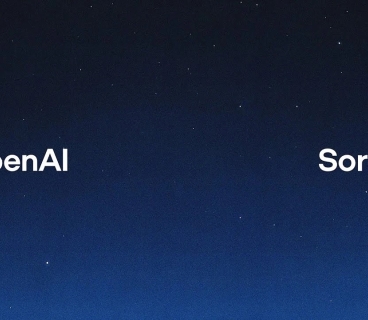Meta’s newly launched AI application, Meta AI, is causing major alarm over user privacy. Many users are unknowingly sharing highly personal and sensitive information publicly through the app — without realizing it.
When a user asks Meta AI a question, the app offers a "Share" button. Clicking this button can publish the interaction publicly. However, most users are unaware of where or how their conversations are being shared. As a result, private messages, voice recordings, images, and even addresses and legal information are being exposed to the public.
According to journalist Amanda Silberling, some users have asked the AI how to evade taxes, whether their relatives might be prosecuted for white-collar crimes, or how to write legal character reference letters — sometimes including full names and other identifying details.
Cybersecurity expert Rachel Tobac also reported finding users' home addresses and court-related documents on the app, highlighting the severity of the issue.
Meta Refuses to Comment
When contacted by TechCrunch, Meta declined to provide an official comment on the matter.
The Core Risk: Users Don’t Know What They're Sharing
The biggest concern is that users aren’t being clearly informed about the visibility of their posts. For instance, if someone logs into Meta AI using their Instagram account — and that account is public — then their queries and AI-generated content may also be public by default.
While some shared posts have gone viral for being humorous, the privacy risks are real and serious. In one post, a user asks, “Meta, why do some farts smell worse than others?” Another shares their phone number in Facebook groups to look for a date. Others submit their CVs while asking for cybersecurity jobs or generate bizarre AI images, such as Super Mario appearing in a courtroom.
A Flawed Launch
Since its launch, the Meta AI app has only been downloaded around 6.5 million times. While that might be acceptable for a small developer, it’s a disappointing figure for a tech giant like Meta, which has invested billions into artificial intelligence.
Meta’s reckless rollout of this app — without robust privacy safeguards — shows how closely technology is becoming intertwined with our personal lives, and how dangerous that can be when mismanaged.







